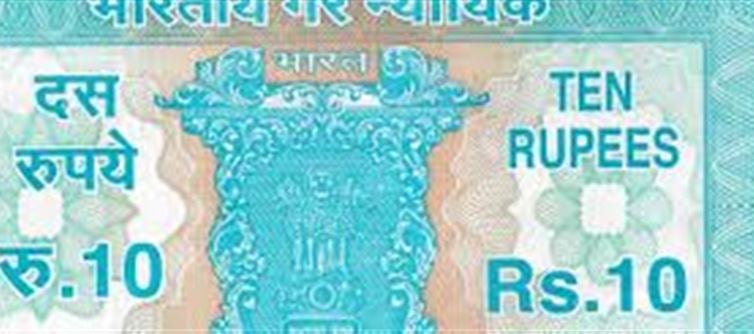
In India, the process of creating a Will (also known as a "Testament") does not have very stringent rules when it comes to the value of stamp paper. However, it is important to understand the relevant provisions regarding stamp duty for Wills and the legal requirements for making them valid.
Key Points About Wills and Stamp Paper in India:
1. No Specific Stamp Paper Requirement:
· Stamp Paper Not Required: In India, a Will is not mandatory to be written on any specific value of stamp paper. A Will can be written on plain paper, and it does not need to be executed on stamp paper for it to be legally valid.
· A Will does not attract stamp duty in most states if it is drafted on a plain sheet of paper.
2. Legal Requirements for a Will:
· While no specific stamp duty is required, a Will must meet other legal requirements for it to be valid:
o It must be signed by the testator (the person making the will).
o It must be witnessed by at least two persons who also sign the document in the presence of the testator.
o It should clearly state the intention of the testator to distribute their property after death.
3. Will on Stamp Paper:
· If a Will is written on non-judicial stamp paper (i.e., paper affixed with stamp duty), the value of the stamp paper will depend on the state’s stamp duty laws.
o Some states may charge a nominal stamp duty, which typically ranges from ₹10 to ₹50 for a Will made on stamp paper.
o However, it is not a requirement that a Will must be written on a stamp paper to make it valid.
4. Why Use Stamp Paper for a Will?
· For Clarity and Legal Assurance: While the Will does not need to be on a specific value of stamp paper, some people may choose to use stamp paper for extra legal clarity, ensuring that the document is seen as an official and legal document in the future.
· In some cases, using stamp paper could be used for a Gift Deed (if the Will includes an inter vivos gift or transfer), where stamp duty is payable based on the value of the property being transferred.
5. Where Stamp Duty is Applicable:
· In some states, will registrations may be subject to a small fee (stamp duty) if the Will is being registered. The cost for registration varies between states and is generally minimal.
· Registration of Will: A Will is not required to be registered for it to be valid. However, registering a Will with the local Sub-Registrar office is recommended to ensure authenticity and reduce disputes over its validity in the future. The registration fee is generally a small percentage of the property value.
Legal Process for Drafting a Will:
1. Writing the Will:
o The testator (person making the Will) must clearly specify their wishes, including property distribution, the appointment of an executor, and guardianship details for dependents, if any.
2. Witnessing:
o The Will must be signed in front of at least two witnesses, who will also sign the Will. These witnesses should not be beneficiaries of the Will to avoid conflicts of interest.
3. Execution and Revocation:
o A Will is considered revoked if the testator executes a new Will. The testator can also alter the Will through a codicil.
4. Registration (Optional):
o Though not compulsory, registering the Will provides a layer of security and helps to prevent future legal challenges. It is done with the Sub-Registrar office.
Conclusion:
In India, there is no strict stamp paper requirement for a Will to be valid. A Will can be made on plain paper, and it does not need to be executed on a specific stamp paper. However, some individuals may choose to write their Will on non-judicial stamp paper as a precautionary step to make it legally binding. The stamp duty in this case is nominal, and the legal validity of a Will depends on its proper drafting, witnessing, and clear intention.
Disclaimer:
The views and opinions expressed in this article are those of the author and do not necessarily reflect the official policy or position of any agency, organization, employer, or company. All information provided is for general informational purposes only. While every effort has been made to ensure accuracy, we make no representations or warranties of any kind, express or implied, about the completeness, reliability, or suitability of the information contained herein. Readers are advised to verify facts and seek professional advice where necessary. Any reliance placed on such information is strictly at the reader’s own risk..jpg)




 click and follow Indiaherald WhatsApp channel
click and follow Indiaherald WhatsApp channel